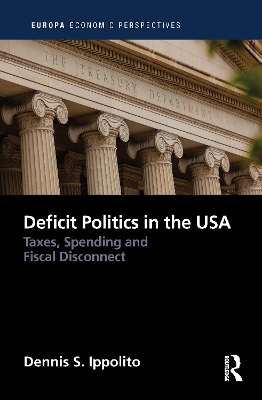From the clashes between Federalists and Republicans in the 1790s until today, partisan battles over taxing, spending, and public debt have shaped American political development. These battles were formerly constrained by fiscal norms that mandated balanced budgets and low debt. In his Farewell Address, President George Washington counseled the nation to "cherish public credit" by using "it as sparingly as possible".
In the 1980s, however, tax cuts and spending increases created large structural deficits and much higher debt levels. With only a brief interruption in the late 1990s, deficit politics has been a mainstay ever since.
Over this period, the Republican Party has passed large tax cuts but failed to retrench the large entitlement programs that continue to raise spending. Likewise, the Democratic Party has expanded the domestic role of government but has abandoned the broad-based taxation it supported in the 1990s. Funding their domestic agenda with matching revenues is now as unappealing for Democrats as entitlement cutbacks are for Republicans, contributing to the current stalemate of Republican tax policy, Democratic spending policy, and soaring deficits and debt. The economic risks this entails are serious, yet an end to the era of deficit politics is nowhere in sight.
- ISBN10 0367765063
- ISBN13 9780367765064
- Publish Date 23 February 2022 (first published 22 February 2022)
- Publish Status Active
- Publish Country GB
- Publisher Taylor & Francis Ltd
- Imprint Routledge
- Format Hardcover
- Pages 224
- Language English
